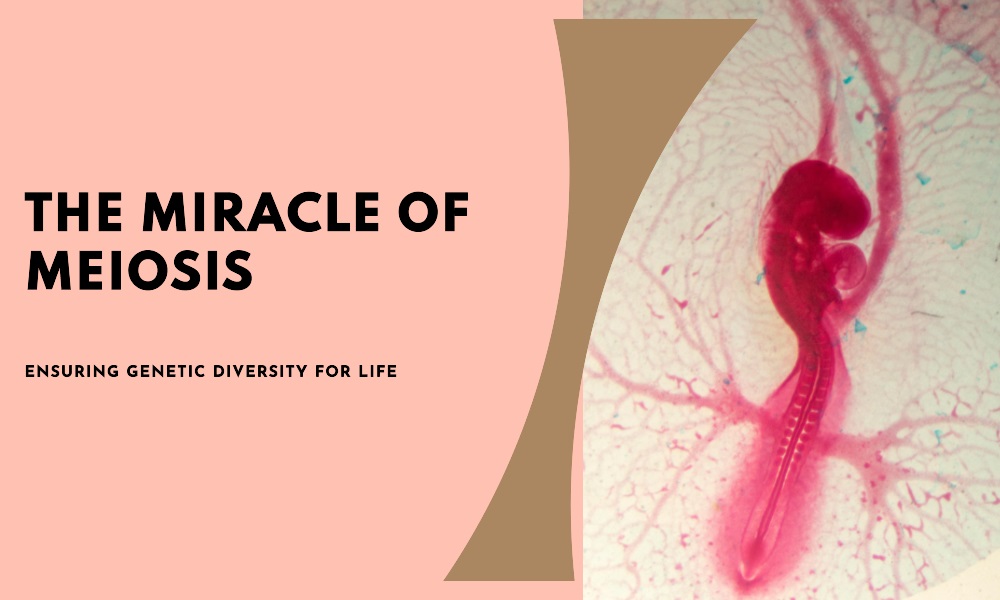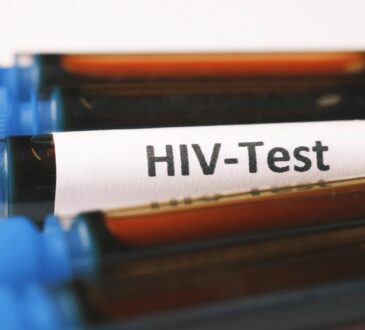
Meiosis, a unique form of cellular division, is paramount for most living organisms on our planet. But what exactly makes it so crucial? Let’s dive deep and understand the indispensable role of meiosis in ensuring the continuity and diversity of life.
1. Understanding Meiosis: A Brief Overview
Meiosis is a two-step division process wherein a single cell divides twice to produce four non-identical daughter cells, each having half the original number of chromosomes. Occurring in sexually reproducing organisms, meiosis gives rise to gametes – eggs in females and sperm in males.
2. Genetic Diversity: The Spice of Life
- Unique Combinations: Every meiotic division is a new opportunity for genes to shuffle. This reshuffling, through processes like crossing-over, ensures that offspring inherit a unique set of genes from their parents.
- Survival and Evolution: Genetic diversity is nature’s way of ensuring survival. In changing environments, at least some individuals in a population will have the genetic makeup to thrive, ensuring the species’ continuity.
3. Maintenance of Chromosome Number
- Halving the Count: Sexual reproduction involves the fusion of two gametes. Without meiosis, the fusion of two regular cells would double the chromosome number with every generation, leading to genetic instability.
- Consistency Across Generations: By halving the chromosome number in gametes, meiosis ensures that when fertilization occurs, the offspring will have the correct chromosome number, consistent with previous generations.
4. Error Correction and Prevention of Abnormalities
- Fixing DNA Errors: During meiosis, the cell has mechanisms to repair DNA damage, ensuring the integrity of genetic information passed to the next generation.
- Preventing Anomalies: Proper segregation of chromosomes during meiosis prevents disorders resulting from aneuploidy (an abnormal number of chromosomes), such as Down syndrome.
5. Driving Evolution and Speciation
- Natural Selection’s Playground: Genetic variations produced by meiosis provide the raw material upon which natural selection acts. Over time, beneficial mutations increase in frequency, driving evolution.
- Origin of New Species: Sometimes, meiotic errors can lead to reproductive barriers, eventually resulting in the formation of new species.
FAQs
- Q: If mitosis is for growth, is meiosis only for reproduction?
- A: Primarily, yes. While mitosis leads to general cellular growth and repair, meiosis specifically ensures the production of gametes for sexual reproduction.
- Q: How does meiosis increase genetic diversity?
- A: Through processes like crossing-over (exchange of genetic material between homologous chromosomes) and independent assortment (random distribution of maternal and paternal chromosomes), meiosis introduces genetic variations.
- Q: Are the cells produced at the end of meiosis identical?
- A: No, they are genetically distinct due to the shuffling and assortment of genes during meiosis.
Conclusion
Meiosis is more than just a cellular division process. It’s a sophisticated dance of chromosomes, ensuring genetic diversity, the continuity of species, and paving the way for evolution. In understanding its importance, we get a glimpse of the intricate designs behind the tapestry of life.




